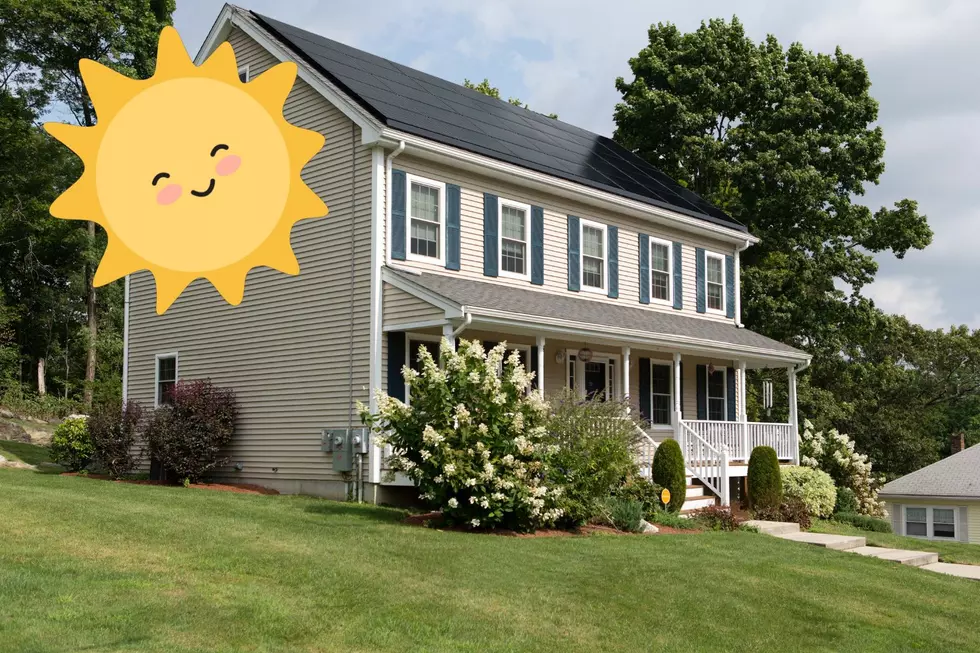
It Might Cost Less Than You Think To Go Solar At Your Iowa Home
In 1954 Daryl Chapin, Calvin Fuller, and Gerald Pearson were the first group of people to give us solar power. According to The History of Solar, they were the first group of people to develop the silicon photovoltaic cell labs, which are capable of converting the sun's energy into power, to run everyday electrical equipment. The fact that there are people smart enough to figure out how to do that makes me wonder if I should even be considered a part of the human species.
You might be surprised to learn that "going solar" in Iowa might not be as expensive as you think. When asking a few co-workers what they thought it would cost to install solar panels in their homes, almost everyone's guess was a lot more expensive than it actually is. Most of the responses I got from my co-workers were double what the cost is. If you had to take a guess, what would it be?
According to Consumer Affairs, installing solar panels in your Iowa home costs about $14,000. Now, not everyone just happens to have $14,000 laying around but am I wrong in thinking it would be way more expensive? I always assumed installing solar panels on your roof would be closer to $40,000. It would depend on how many solar panels you need to find out the exact price of installation, but most homes need around 30 panels. While you would see a huge reduction in your monthly electric bill right away, it can still take a while to break even.
According to Consumer Affairs, the average electric bill for each home is somewhere between $100-$200. Depending on what you pay out of pocket for the panels to be installed, it could take up to 15 years before you'd break even. If you don't plan on living in your current home forever, it's possible you never see the long-term benefits.
There is a possible way to get solar power even cheaper here in Iowa. There is a federal tax credit you can receive for installing solar panels at your home, and with the "Solar Investment Tax," you would receive a tax credit of 26% on a system installed in 2022. This tax credit is scheduled to decrease to 22% next year.
According to Consumer Affairs, switching to a solar energy system could reduce your electric bill by 75%. While the initial installation will take a decent chunk out of your pocketbook right away, it is almost always worth it, in the long term, for homes going solar.
E.J. Warner's First Time Starting as QB For Temple
Movies That Iowans Watch When They Feel Like Garbage
More From K92.3


![[PHOTOS] Caitlin Clark’s WNBA Rookie Season Highlights… So Far!](http://townsquare.media/site/726/files/2024/07/attachment-gettyimages-2160286110-1.jpg?w=980&q=75)

![Iowa Radio Show Host Just Found the Best Poutine in Iowa! [PHOTO]](http://townsquare.media/site/726/files/2024/07/attachment-Untitled-design-2024-07-26T092554.084.jpg?w=980&q=75)




